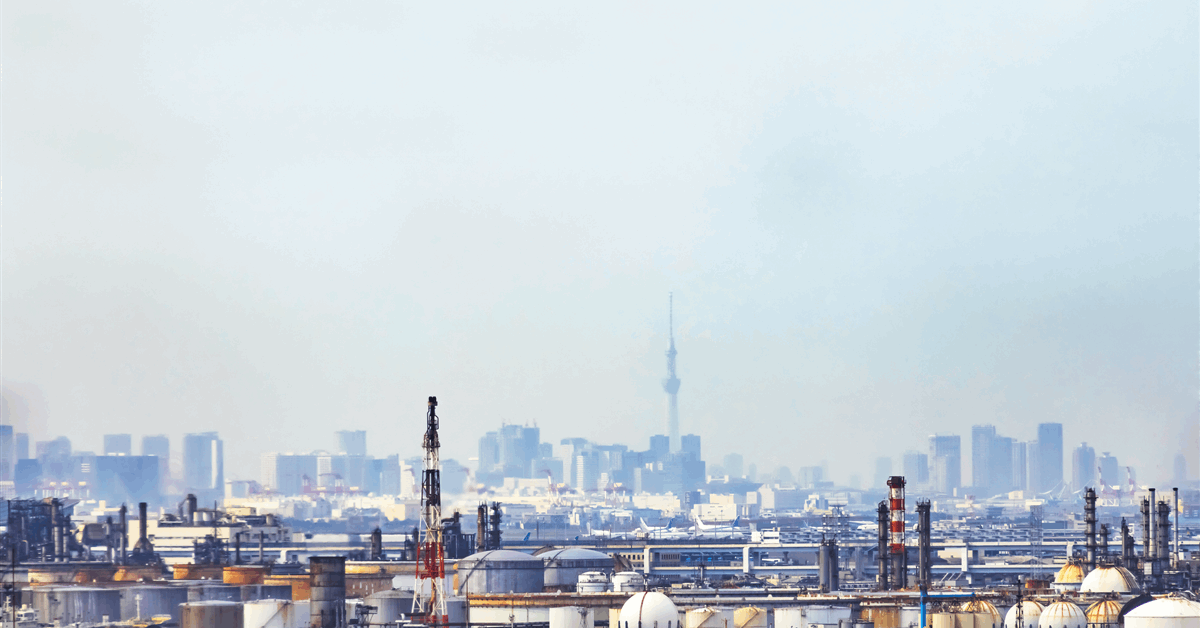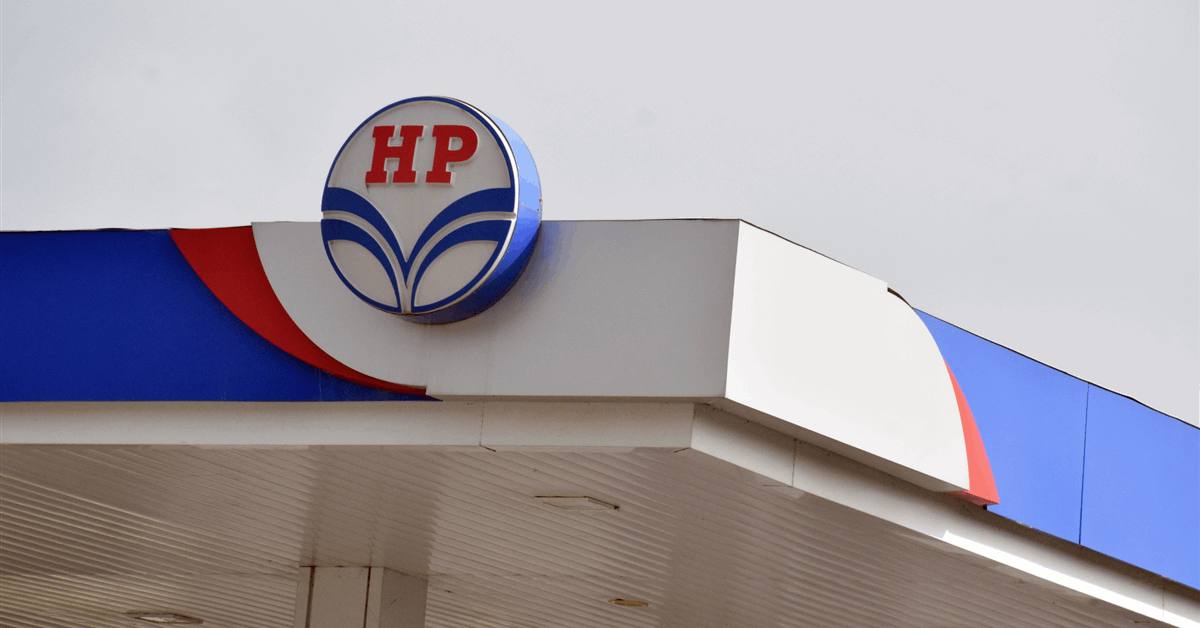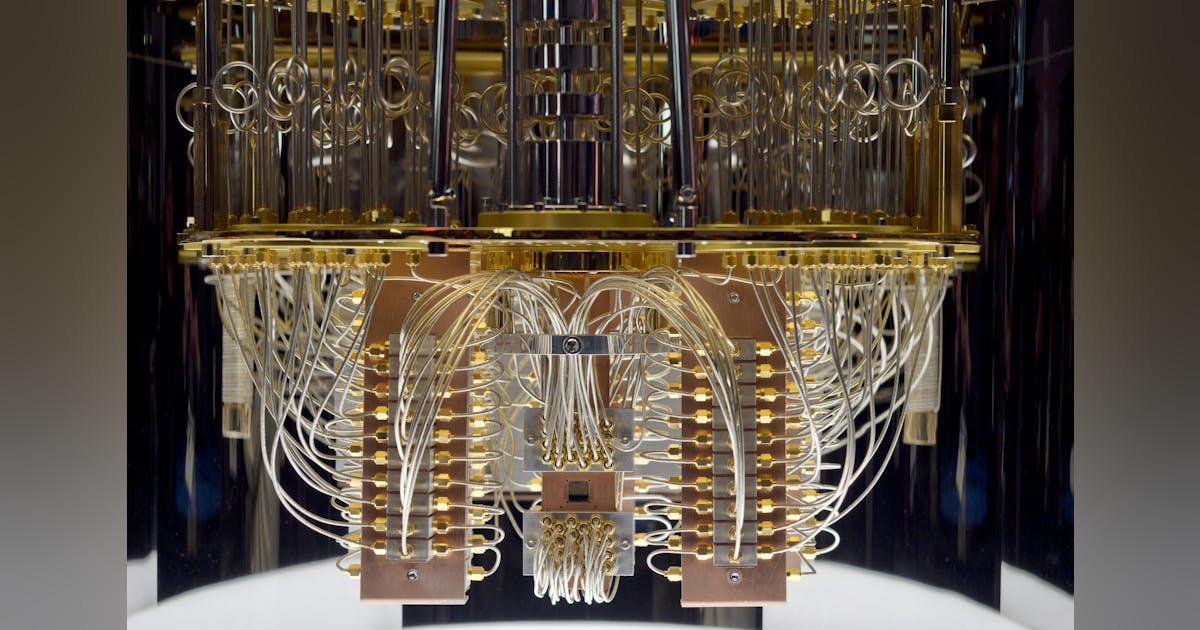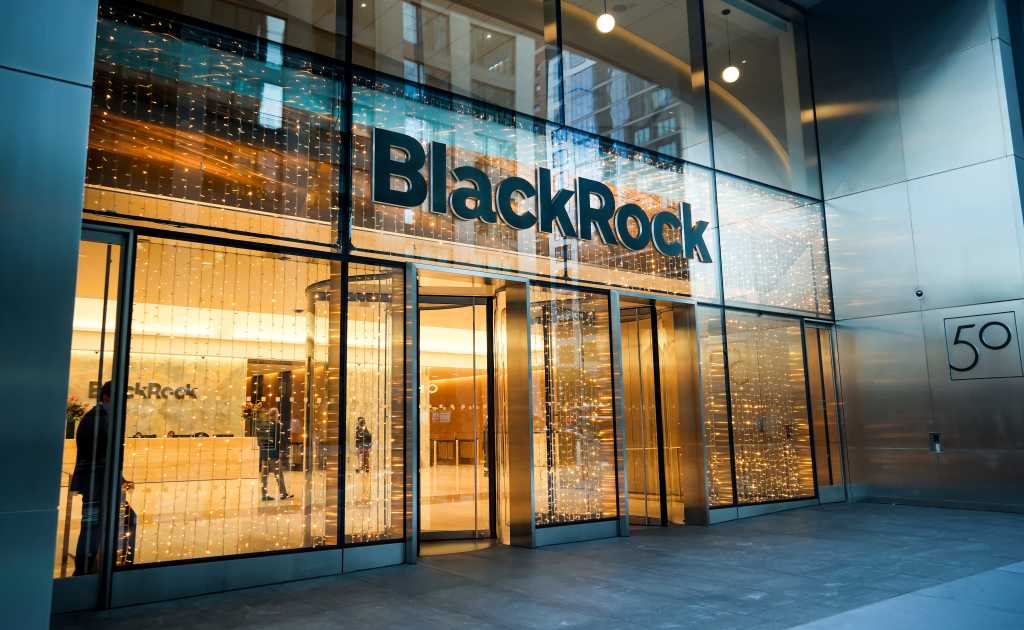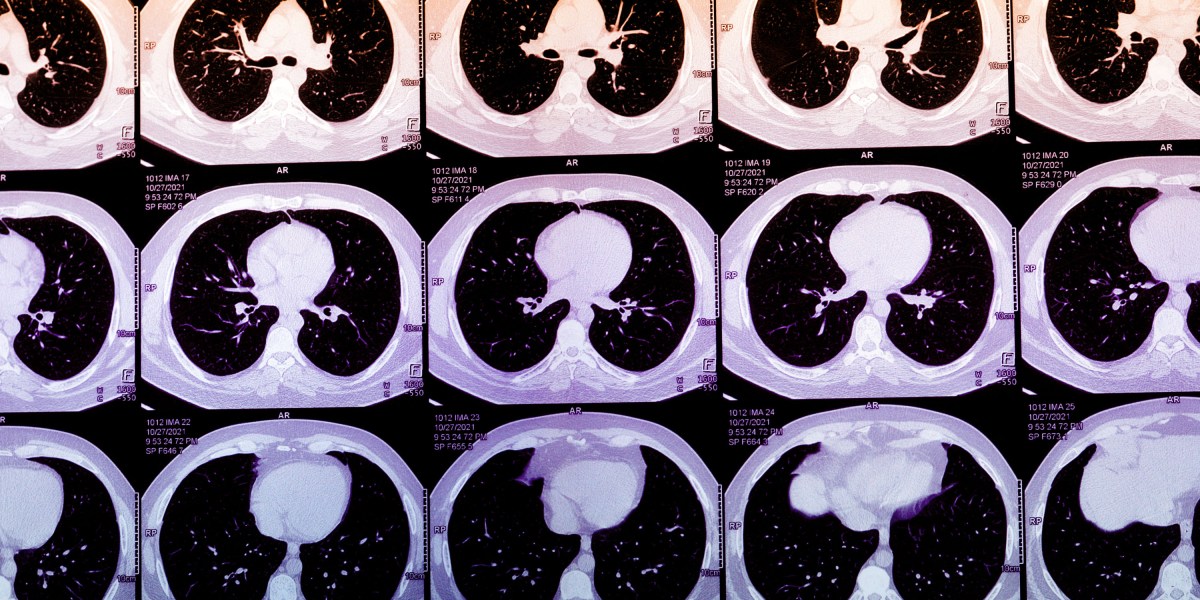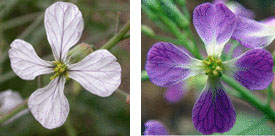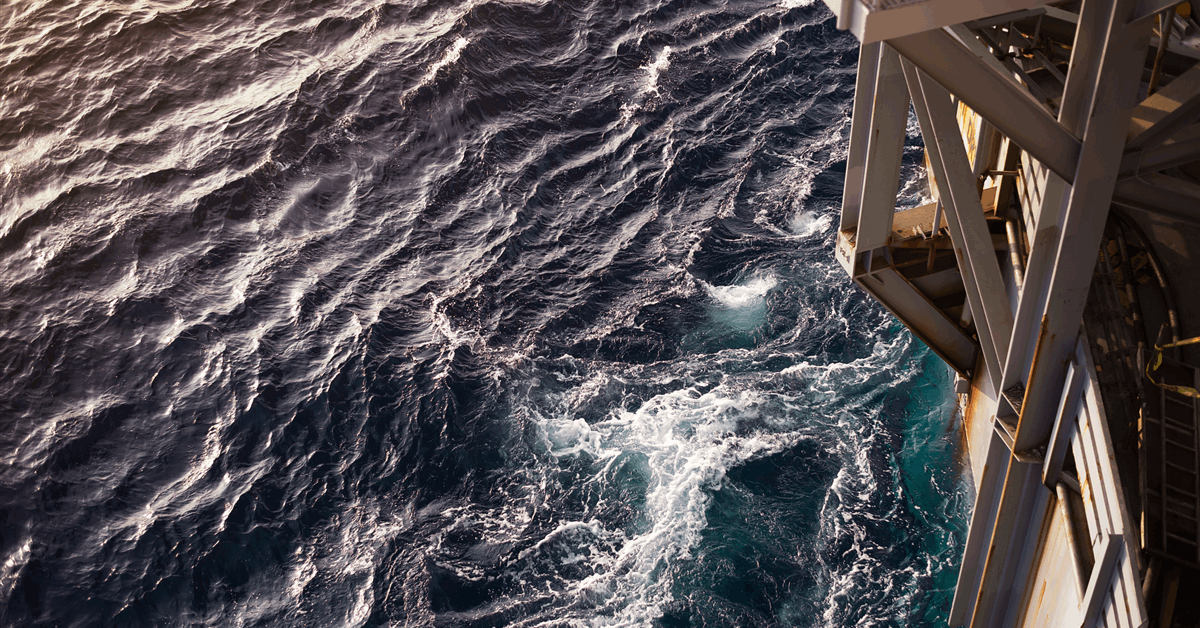
BP PLC said Monday it has made 11 oil and gas discoveries this year, the latest being Volans offshore Namibia in the Orange Basin.
Operator Rhino Resources Ltd announced October 1 a “high liquid-yield gas condensate discovery” in the Volans-1X well in Block 2914A.
“The well found 26m of net pay in rich gas condensate-bearing reservoirs, with the reservoir showing excellent quality petrophysical properties and no observed water contact”, Rhino said in a press release. “Hot shot laboratory analysis on two samples (at the top and base of the reservoir interval) showed a high condensate to gas ratio (CGR) of >140 and a liquid density of around 40° API gravity.
“Hydrocarbon samples and sidewall cores were collected through intensive wireline logging operations. Laboratory studies will continue to be conducted on the rest of the fluid samples, side wall cores and cuttings collected during the campaign”.
The well reached 4,497.5 meters (14,755.58 feet) of true vertical depth subsea (TVDSS), the Cape Town-based company said. The well was drilled by Northern Ocean Ltd’s semi-submersible Deepsea Mira.
“The rig was demobilized on 14 September 2025 to begin drilling in another location, while Volans-1X laboratory testing activities will remain ongoing”, Rhino said.
Rhino chief executive Travis Smithard said, “Rhino, in collaboration with our partners Azule Energy, NAMCOR and Korres, will now evaluate the results of the ongoing testing and integrate them into blockwide prospectivity studies”.
Rhino owns 42.5 percent in Petroleum Exploration License (PEL) 85, which contains the discovery. BP participates through Luanda-based Azule Energy, the British company’s 50-50 venture with Italian state-controlled Eni SpA; Azule Energy owns 42.5 percent of PEL 85. The other partners in the block are National Petroleum Corporation of Namibia with a 10 percent interest and Korres Investments with five percent.
“The Volans-1X well marks the third significant hydrocarbon discovery in 2025 for Azule Energy partners, following the Capricornus-1X light oil find in Namibia and the Gajajeira-01 gas discovery in Angola”, BP said in a statement on its website Monday.
“BP has made 11 exploration discoveries this year across several basins, including the Far South discovery in the Gulf of America and well 1-BP-13-SPS at the Bumerangue block in Brazil’s Santos Basin, where it holds 100 percent participation”.
Announcing the Capricornus-1X Lower Cretaceous discovery in Block 2914, Rhino said in a statement April 24, “The well found 38m of net pay, with the reservoir showing good petrophysical properties and no observed water contact”.
“The well achieved a surface-constrained flow rate in excess of 11,000 stb/d on a 40/64” choke”, Rhino added. “The light ~37° API oil exhibited limited associated gas with less than two percent CO2 and no hydrogen sulphide”.
Capricornus-1X, drilled by the Noble Venturer drillship, reached 4,957 meters TVDSS, Rhino said.
At the Gajajeira-01 Lower Oligocene discovery in the Lower Congo Basin offshore Angola, announced by Azule Energy July 11, preliminary results from wireline logging and fluid sampling indicated “over 30 meters of net pay in reservoirs with good mobility”.
“Initial assessments suggest gas volumes in place could exceed one trillion cubic feet, with up to 100 million barrels of associated condensate”, Azule Energy added. “These results confirm the presence of a working hydrocarbon system and open new exploration opportunities in the area.
“Azule Energy will continue to assess the full potential of the Gajajeira-01 discovery and collaborate with Block 1/14 partners to determine the optimal development strategy”.
Azule Energy chief executive Adriano Mongini said, “Gajajeira-01 is the country’s first dedicated gas exploration well, and its success reinforces our confidence in the potential of the Lower Congo Basin”.
Gajajeira-01 sits in waters 95 meters deep, about 60 kilometers from the coast, according to Azule Energy.
Azule Energy owns 35 percent of Block 1/14. Norway’s state-owned Equinor ASA holds 30 percent. Angola’s state-owned Sonangol has 25 percent. Luanda-based Acrep SA owns the remaining 10 percent.
To contact the author, email [email protected]





